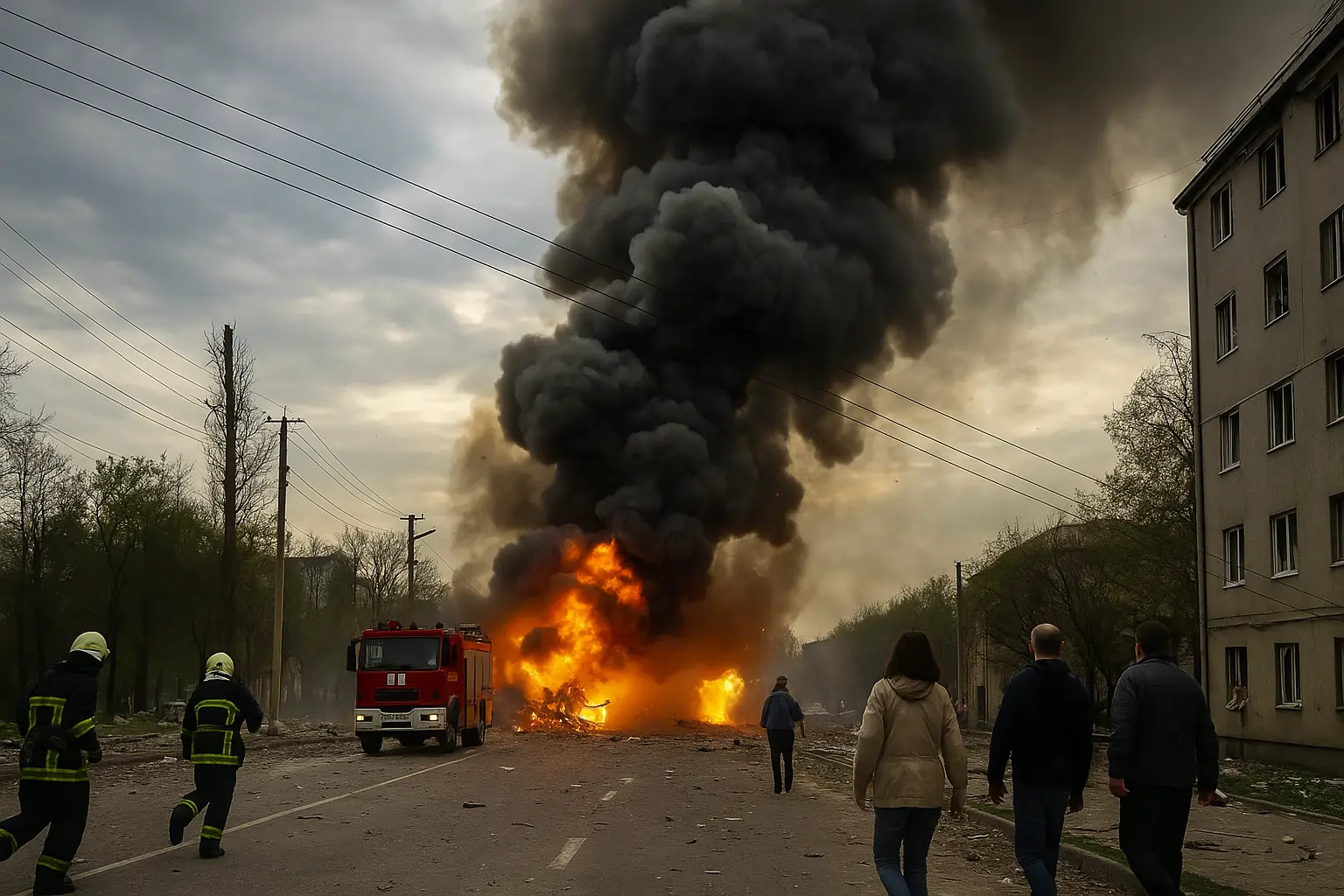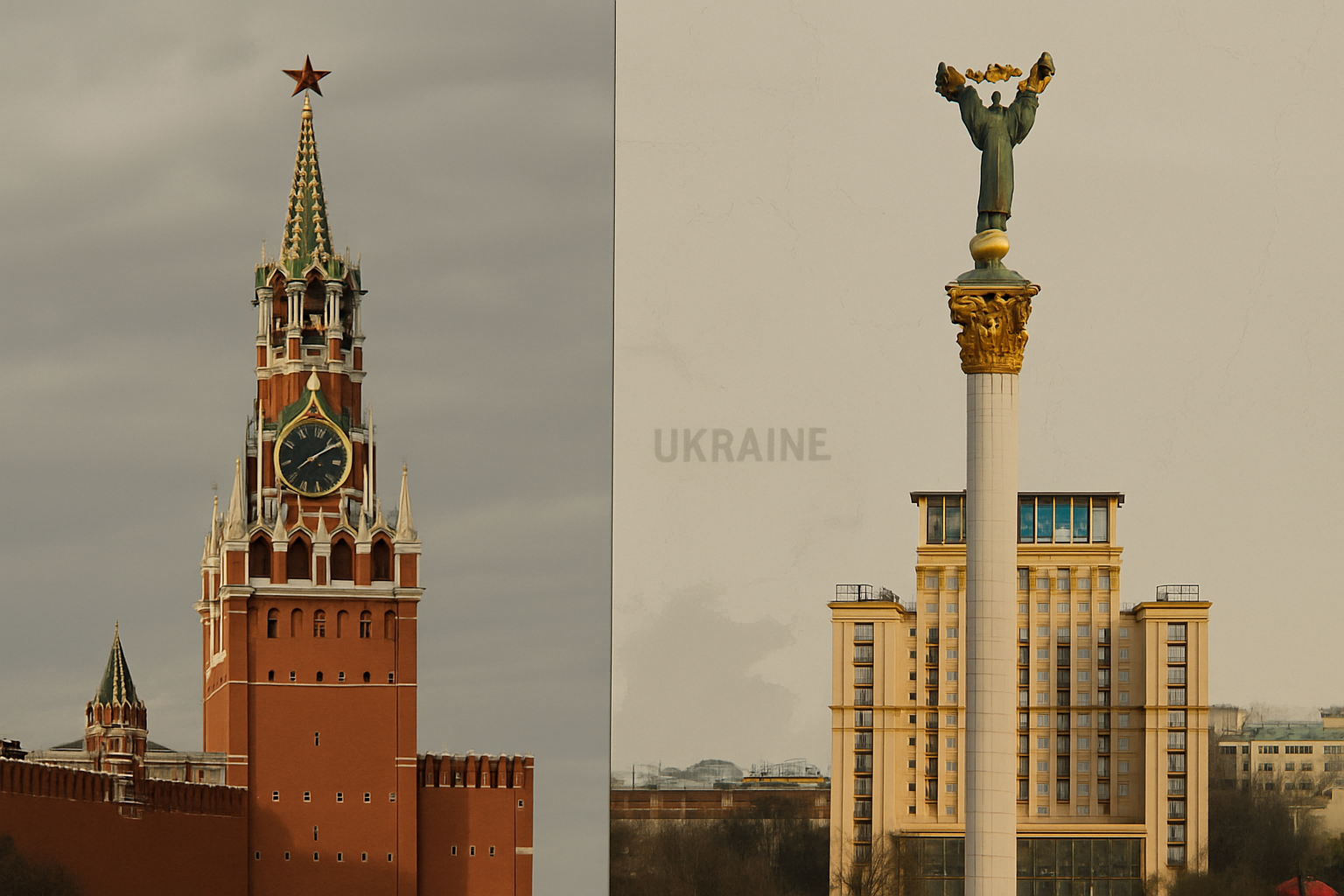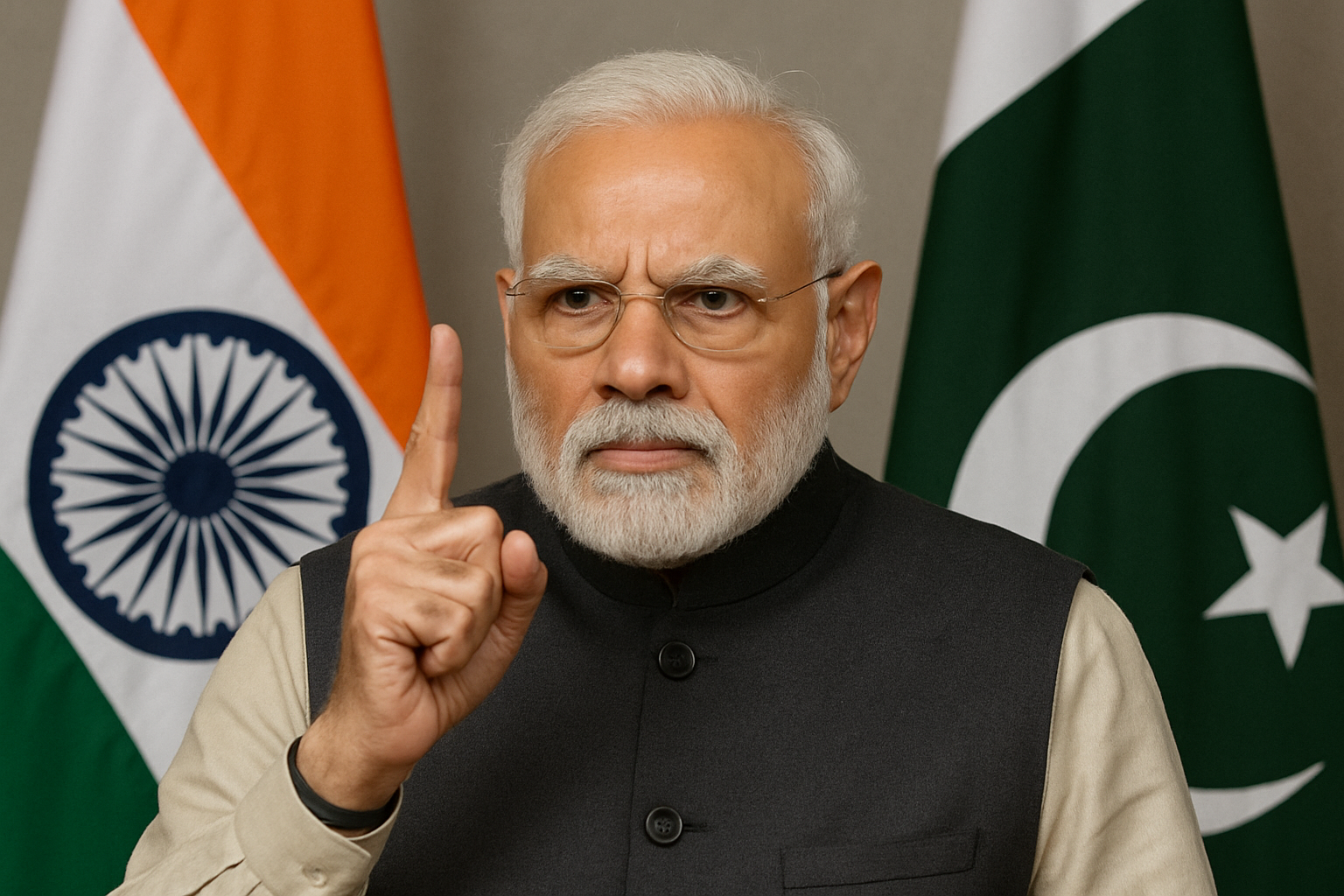Islamabad, May 2025 — Rumors of a potential radiation leak at Pakistan’s Kirana Hills nuclear site have triggered both local anxiety and international concern. What began as isolated whispers has now grown into a full-blown diplomatic issue following the arrival of a U.S. technical inspection team earlier this week.
The American delegation, comprised of nuclear safety and radiation experts, landed in Pakistan under tight security. According to diplomatic sources, the visit was pre-scheduled under a bilateral safety cooperation agreement. However, the timing—coinciding with regional tensions and increased military activity—has only fueled speculation that something more serious might be unfolding beneath the surface.
Silent Visit, Loud Questions
Residents in the Kirana Hills region, located in Pakistan’s Punjab province, have reported unusual activity over the past few weeks—ranging from increased military presence to restricted access to certain areas. Some local sources also claimed a spike in medical symptoms often associated with radiation exposure, such as nausea and fatigue, though none of this has been officially confirmed.
Despite these developments, the visiting U.S. team declined to share any information publicly. When asked for comment, the spokesperson simply stated, “We are here for a routine technical visit. At this stage, we have nothing further to add.”
This non-response has left both local residents and international observers unsettled. Critics argue that if there’s nothing to hide, the lack of transparency may only deepen mistrust and fear.
Regional Implications
Kirana Hills is known to house some of Pakistan’s oldest and most sensitive nuclear infrastructure, originally developed in the 1980s. While it’s no longer believed to be a primary facility, its historical significance makes any report of a malfunction particularly alarming.
Security analysts believe that even minor radiation incidents at such sites could have broader implications for Pakistan’s nuclear safety protocols and international standing. The potential fallout—politically and environmentally—has neighboring countries monitoring the situation closely.
Government’s Response
The Pakistani government has yet to issue a formal statement about the rumored leak. However, a senior defense official, speaking on condition of anonymity, dismissed the concerns as “baseless and exaggerated.” The source added that the visit was “routine and not related to any emergency.”
Still, calls for more transparency are growing louder. Activists and independent journalists have urged the government to conduct an open inquiry and publish environmental safety data from the Kirana region.
What Happens Next?
With the U.S. team’s silence and the Pakistani government’s vague reassurances, the truth about Kirana Hills remains murky. Whether this is a case of precautionary diplomacy or a genuine safety issue being downplayed remains to be seen.
But one thing is clear: the world is watching.
Also read:-
Terrorist camp will settle again, Rs 14 crore to Masood’s family, Shahbaz Sharif opened the treasure for terrorists






